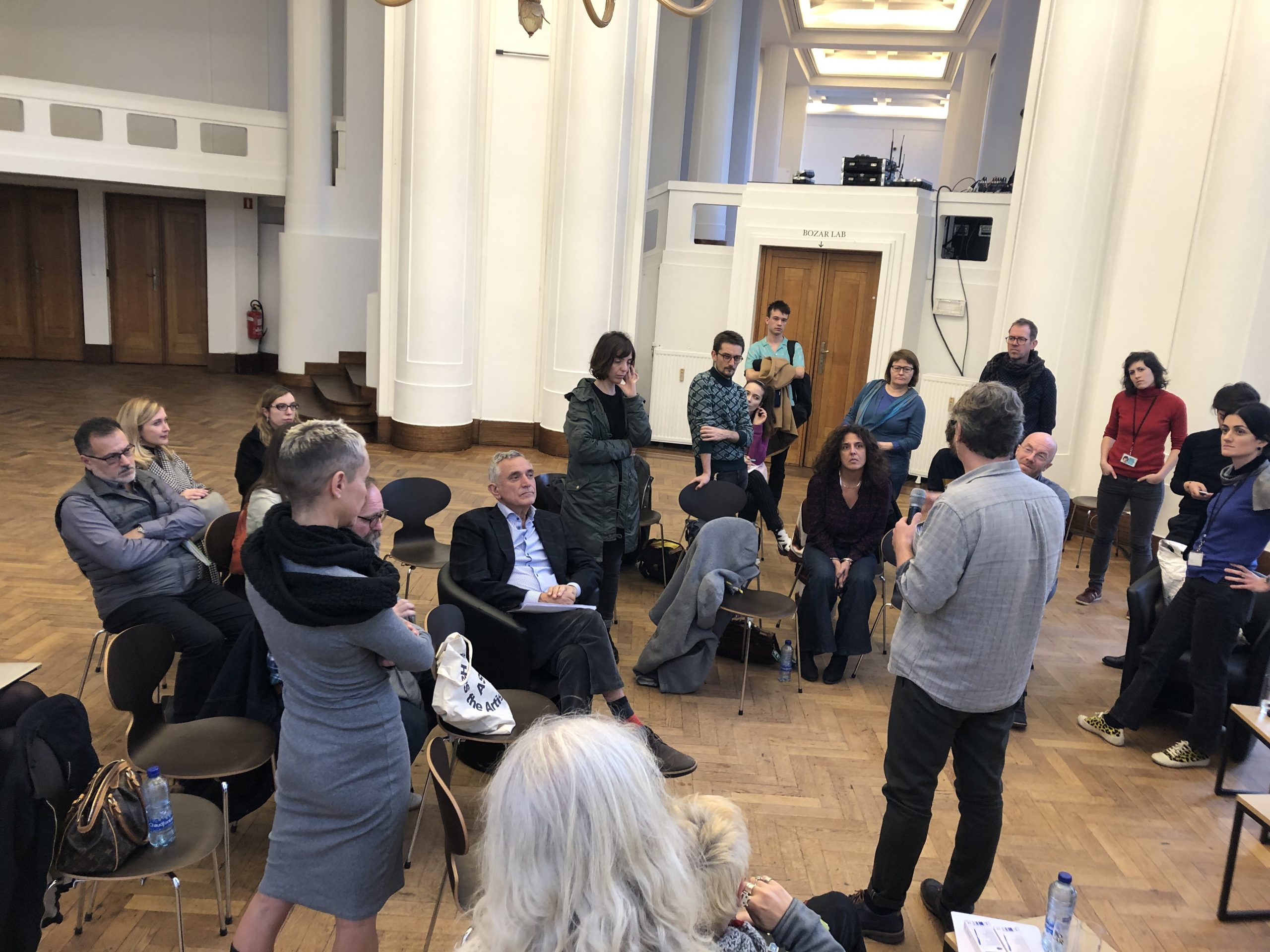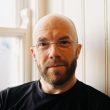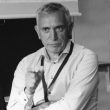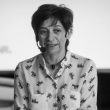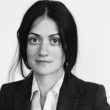On January 16, Culture Action Europe, in collaboration with BOZAR LAB and Joint Research Centre (JRC), facilitated a multifaceted evening to debate on the status quo of transdisciplinary research and the challenges of creating a common field which generates new sectoral and cross-sectoral dynamics and the specific contribution of artistic research in setting this new paradigma. The three-part session brought forward the MAST – Master Module in Art, Science and Technology project as well as numerous contemporary research and artistic projects highlighting what is crucial about crossing borders within and in between institutionalised disciplines and research categories.
During the opening session, our project leader Peter Purg presented the MAST project to a range of relevant experts: this first session worked as a showcase for the real-life results of MAST students using problem finding methods, rather than problem-solving. “What we got after the first year and a half of MAST, where the student challenge was re-thinking the “ future of work””, explained Purg, “it’s a social Europe-oriented, pan-european, open programme”. He then introduced the concept of “mastering art thinking” as a key competence in creating more profound, plausible and sustainable solutions. Great emphasis was put on the importance of forming the next generation of innovation catalysts to generate socially meaningful and ethically reflected innovation in today’s big and small organizations.
After some rounds of meaningful discussion with the circle of participants, for the second part of the event Freddy Paul Grunert and Christina Fiordimela, curators of Resonances III festival week invited the public to a tour of DATAMI. This exhibition presented by the Joint Research Centre of the European Commission and BOZAR allows the public to be part of the dialogue of artists creations jointly working with scientists and policymakers. Stressing the importance of submerging into scientific and artistic processes.
The closing session, moderated by CAE’s President Robert Manchin, saw a panel of five experts on the topic of intersections of Arts, Science and Technology advocating for their understanding of interdisciplinarity and its embodiment in projects reflecting culture in today’s society. The experts participating in the session also presented their own works, projects and findings: Marta Gracia (Researcher, Hangar research coordinator and associate lecturer at the BA in Arts of the Open University of Catalonia), Peter Westenberg (Constant vzw – Brussels), Lilia Mestre (a.pass – Brussels), Pep Vidal (Artist, PhD in Physic Sciences in UAB and ALBA synchrotron) as well as Christoph De Jaeger (BOZAR LAB, Studiotopia programme), all displayed innovative possibilities of “occupying the middle” at the intersection of arts, science and technologies. Analyzing this great variety of projects, the panelists covered a range of topics: from questioning artistic education towards experimental formats of collective and collaborative practice-based research, to exploring how collective thinking, working and distributing matter in the creation of contemporary knowledge, to the importance of questioning inherited methodologies.
A question time marked the ending of the panel, with Robert Manchin addressing the big question of the whole discussion: Can we really Occupy the middle?
||||||||||||||||||||
Concept:
In the context of the Datami Exhibition, an exposition of artworks created by selected artists in close collaboration with scientists and policymakers, Culture Action Europe opens a debate to appeal to the main challenges of joint work between artists, scientists and technologists. We will pay particular attention to the new research paradigmas settled by Arts, Sciences and Technologies (ASC) that generates new sectoral and cross-sectoral dynamics and the specific contribution of artistic research in setting this new paradigma.
Disciplinary research is not able to cope with the complexity of contemporary issues (such as environmental problems or the impacts of technological and social change) because these problems do not fit into the system of separated knowledge domains and needs non-disciplinary and problem focused approaches. Therefore, interdisciplinary work is in the best position to solve boundary problems between disciplines, to interrogate their assumptions and methods and to create a place beyond expertise territories getting into the gaps between the so-called disciplinary ‘silos’.
In this intersection between diverse domains, methodologies and contexts, putting different perspectives in dialogue is crucial. Explore and discuss the complexity of thinking and doing together needs a reflection on distinct material conditions needed for setting the ground for cross-disciplinary and collective research. This includes uncommon contexts, collective knowledge creation, experimental formats for knowledge transfer between the Arts, the Sciences and Technologies, and the development of other methodologies and capacities for cross-disciplinary thinking. In this sense, artistic research practices open the doors to experiment with more freedom, to use or invent methodologies that could be considered nonsensical in other spaces. Unlike more formal or scientific spaces, artistic research unlocks the process to the extent of what is happening, based on a more holistic perspective.
As a starting point to tackle these issues, this meeting invites the participants to have a bird’s eye view over other paradigma, replacing standard bodies of inherited knowledge and methodologies with atypical practices coming from the artistic field, to identify together the open doors for AST transdisciplinary research, the main obstacles and the ways to address them.
||||||||||||||||||||
Programme:
15.30 – 16.30: Workshop (closed session)
Peter Purg (MAST Project): MAST module: Practical competencies and transferable skills in Art, Science and Technology.
Participants: panellists and selected invitees.
16.30 – 17.30: Guided tour through the DATAMI exhibition. Freddy Paul Grunert, curator of the III Resonances (JRC) and Cristina Fiordimela (exhibition designer)
17.30 – 19:00: Experts debate on the intersections of Art, Science and Technology.
- Marta Gracia (Researcher, Hangar research coordinator (on work leave) and associate lecturer at the BA in Arts of the Open University of Catalonia) – Beyond Research Institutions: non-usual contexts for cross-disciplinary practice-based research.
- Peter Westenberg (Constant vzw – Brussels) – Beyond individual silos: How collective thinking, working and distributing matters in the creation of contemporary knowledge.
- Lilia Mestre (a.pass – Brussels): Beyond teaching: questioning artistic education towards experimental formats of collective and collaborative practice-based research.
- Pep Vidal (Artist, PhD in Physic Sciences in UAB and ALBA synchrotron): Beyond disciplines: on disciplinary derives in acquiring academic knowledge.
- Christoph De Jaeger (BozarLab, Studiotopia programme): Beyond methodologies: the importance of questioning inherited methodologies.
Robert Manchin (CAE president and MAST expert) Moderator.

